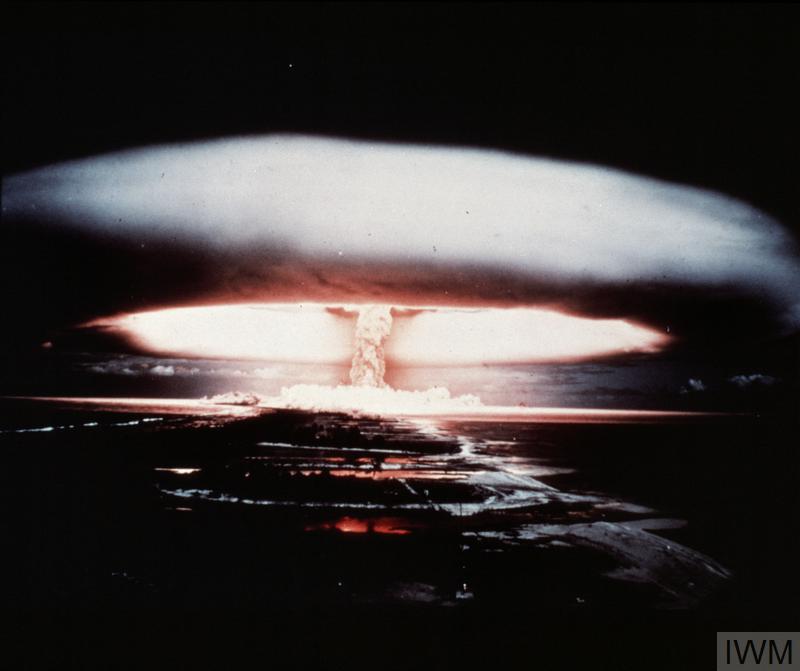15th Earl of Derby, Edward Henry Stanley

Edward Henry Stantley by Maull and Polybank August 1858 NPG Ax7308 © National Portrait Gallery, London Today we're going to have a look at an individual that you have most likely never heard of. When looking at 19th Century British politics and foreign policy, he certainly isn't the first person that you springs to mind but I personally find him to be an interesting figure. Today we are going to have a look at Edward Henry Stanley (1826 - 1893), the Fifteenth Earl of Derby. When researching Derby, you get the feeling that those around him thought that he was a bit of an odd character. Upon further inspection it appears that Derby acted in his own unique way during his decision, emphasising pragmatism over the prestige of the British Empire. So who is Derby? He was born to Edward Smith Stanley 14th Earl of Derby (of course), who served as a Conservative Prime Minister between 1866-1868 so it's safe to say that Derby was born into politics and foreign affairs. He



